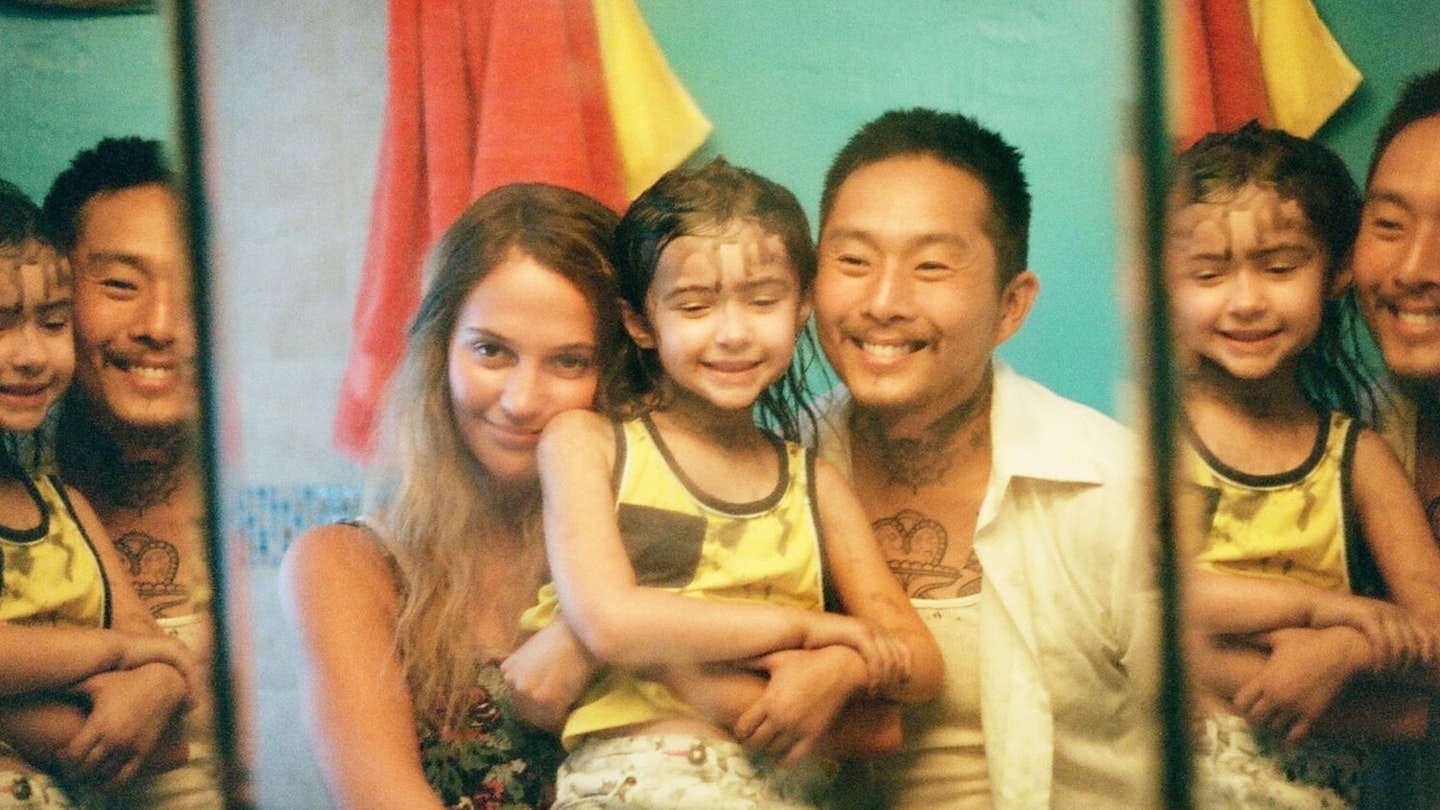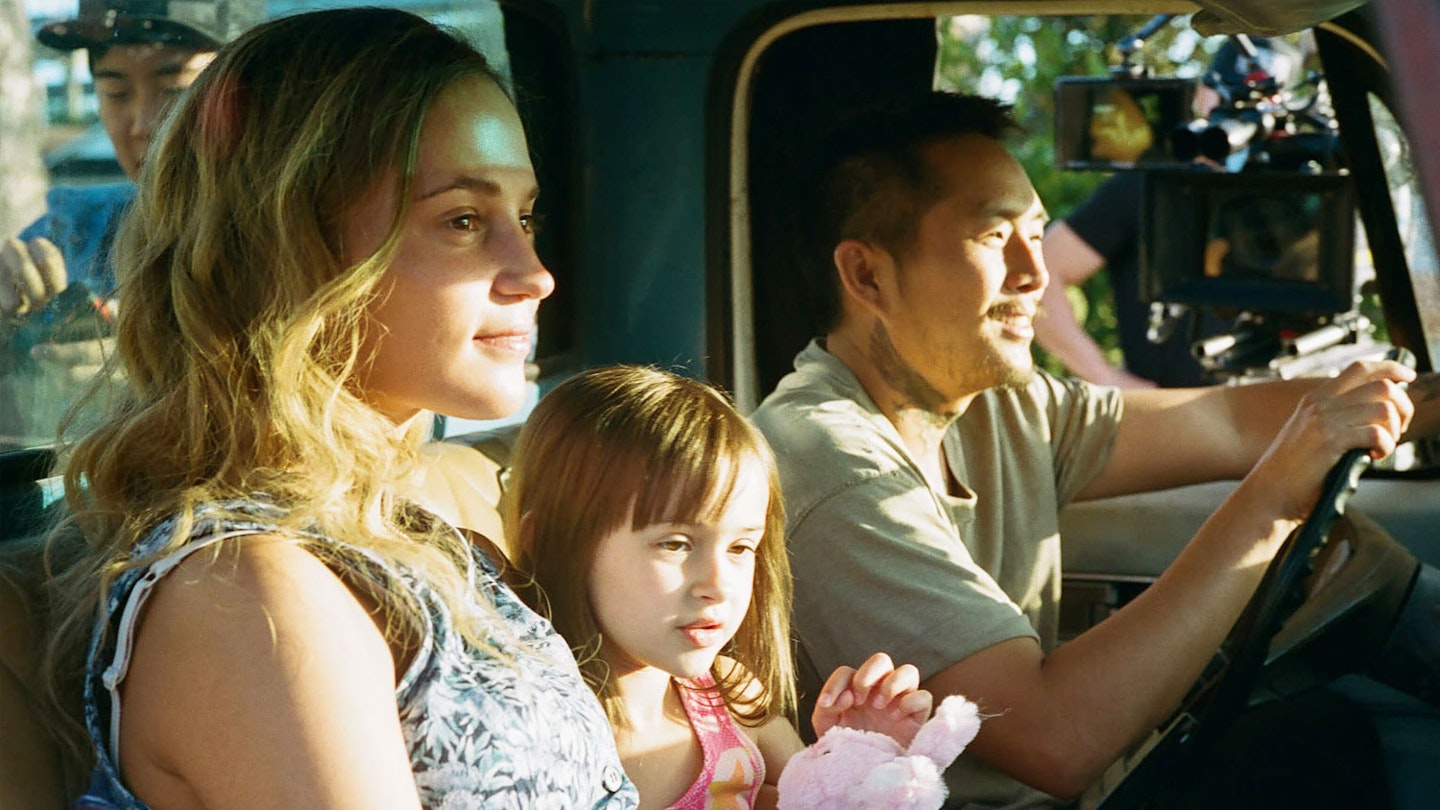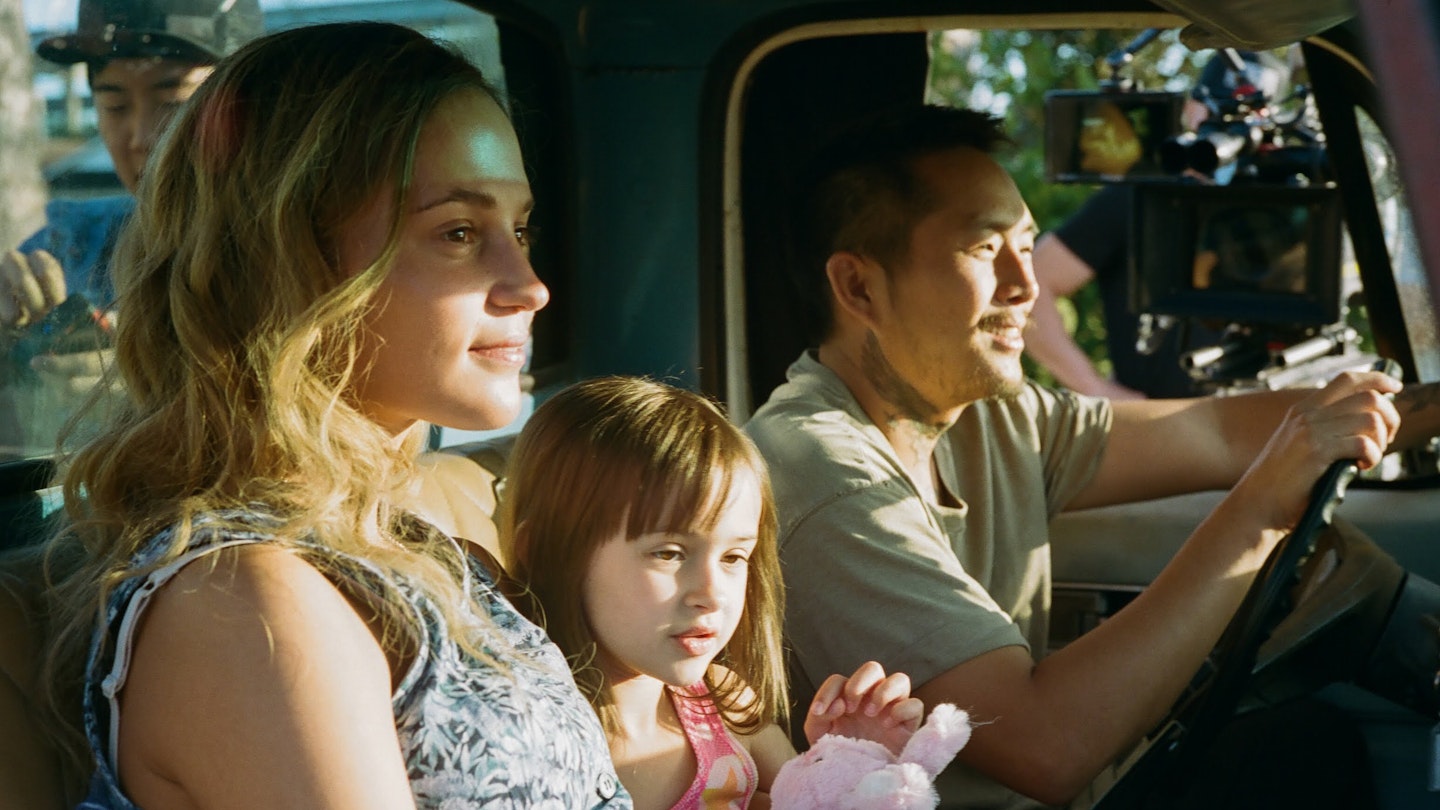Justin Chon, writer, director, producer and star of Blue Bayou, may be best known for his role in the Twilight films, but since his Sundance-lauded debut Gook in 2017, he has made films that combine melodrama with social commentary and low-key aestheticism. So it is with this tear-jerking, New Orleans-set tale of a Korean-American unexpectedly facing deportation.
The film’s laudatory aim is to illuminate the precarity of adopted immigrant children in the US. Chon and Alicia Vikander, as Antonio and his pregnant wife Kathy, turn in fine performances marred only slightly by a touch of the histrionic (him) and a border-crossing accent (her). There’s a hint of magic realism in enigmatic flashbacks; raw-edged, luscious 16mm cinematography; a smart child performance from Sydney Kowalske as Antonio’s stepdaughter; and a welcome cameo by Vondie Curtis-Hall as the family’s immigration lawyer.

Sadly much of this good work is drowned out by over-explained symbolism and a lazy recourse to glowing sunsets over the Mississippi River that coat the film’s bitter pill in jam. There are scripting issues too. Antonio is beset by cartoon villains: his tight-lipped mother-in-law (Geraldine Singer), implicitly a bigot, and a pig-ignorant cop (Emory Cohen) as spectacularly thick as he is malicious.
This is an often compelling film, which raises important questions.
Most disappointingly, wonderful actor Linh Dan Pham plays a Vietnamese-American stranger who appears intermittently to offer Antonio solace despite her own travails: a Manic Pixie Dream Immigrant, if ever there were one. By contrast, Antonio is complex enough to believe in: a motorcycle freak who gives his tiny stepdaughter a tattoo gun to play with. It’s a hint of further criminality in his past, which will return to haunt him.
Grimly, the sorrows multiply until the finale pulls out every possible stop to wring saltwater from the audience’s eyes. By then, you may care a little less. A shame, because this is an often compelling film, which raises important questions. One is: can a film change minds as well as break hearts?

